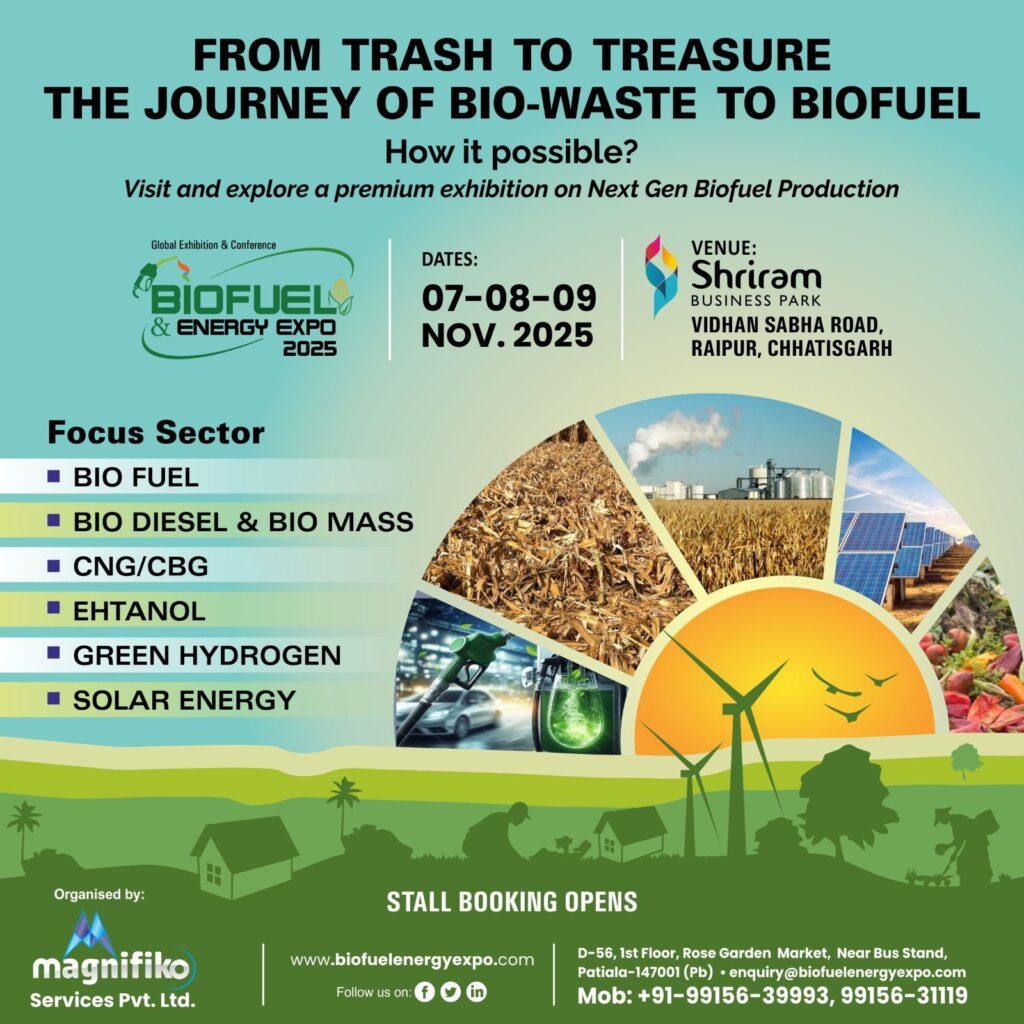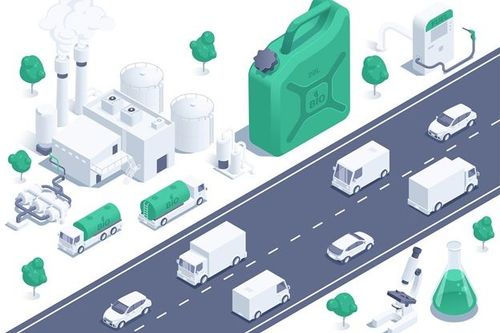SC dismisses plea challenging nationwide rollout of 20% ethanol-blended petrol
The Supreme Court Monday rejected a plea challenging the nationwide rollout of 20 per cent ethanol-blended petrol (EBP-20). The bench also directed concerned authorities to mandatorily label ethanol content on all petrol pumps and dispensing units, making it clearly visible to consumers
The PIL by advocate Akshay Malhotra alleged that millions of motorists were forced to use the fuel—80 parts petrol and 20 parts ethanol—their vehicles “cannot handle” by design. It also sought directions to the Ministry of Petroleum and Natural Gas to ensure availability of ethanol-free petrol at all fuel stations in the country.
A bench comprising Chief Justice B R Gavai and Justice K Vinod Chandran did not agree to the contentions raised in the plea. The Centre also opposed the plea and claimed E20 fuel benefits sugarcane farmers.
Further, the top court asked authorities to also ensure that consumers were informed about ethanol compatibility of their vehicles at the time of fuel dispensing.
Earlier last month, the government had termed claims that using E20 petrol leads to a “drastic” reduction in fuel efficiency in older vehicles as “misplaced”.

The plea said the authorities were directed to conduct a “nationwide impact study on mechanical degradation and efficiency loss due to ethanol blended fuel to the extent of 20 percent usage in non-compliant vehicles”.
Cars and two-wheelers manufactured before 2023, and even some newer BS-VI models, the plea claimed, are not compatible with such high ethanol blends.
While newer vehicles, particularly those sold since 2023, are understood to be E20 compatible, engines of many vehicles made before that have not been specifically tuned for such blended fuel, leading to apprehensions that such vehicles could be at a disadvantage in the long-term.
This article has been republished from The Indian Express.

